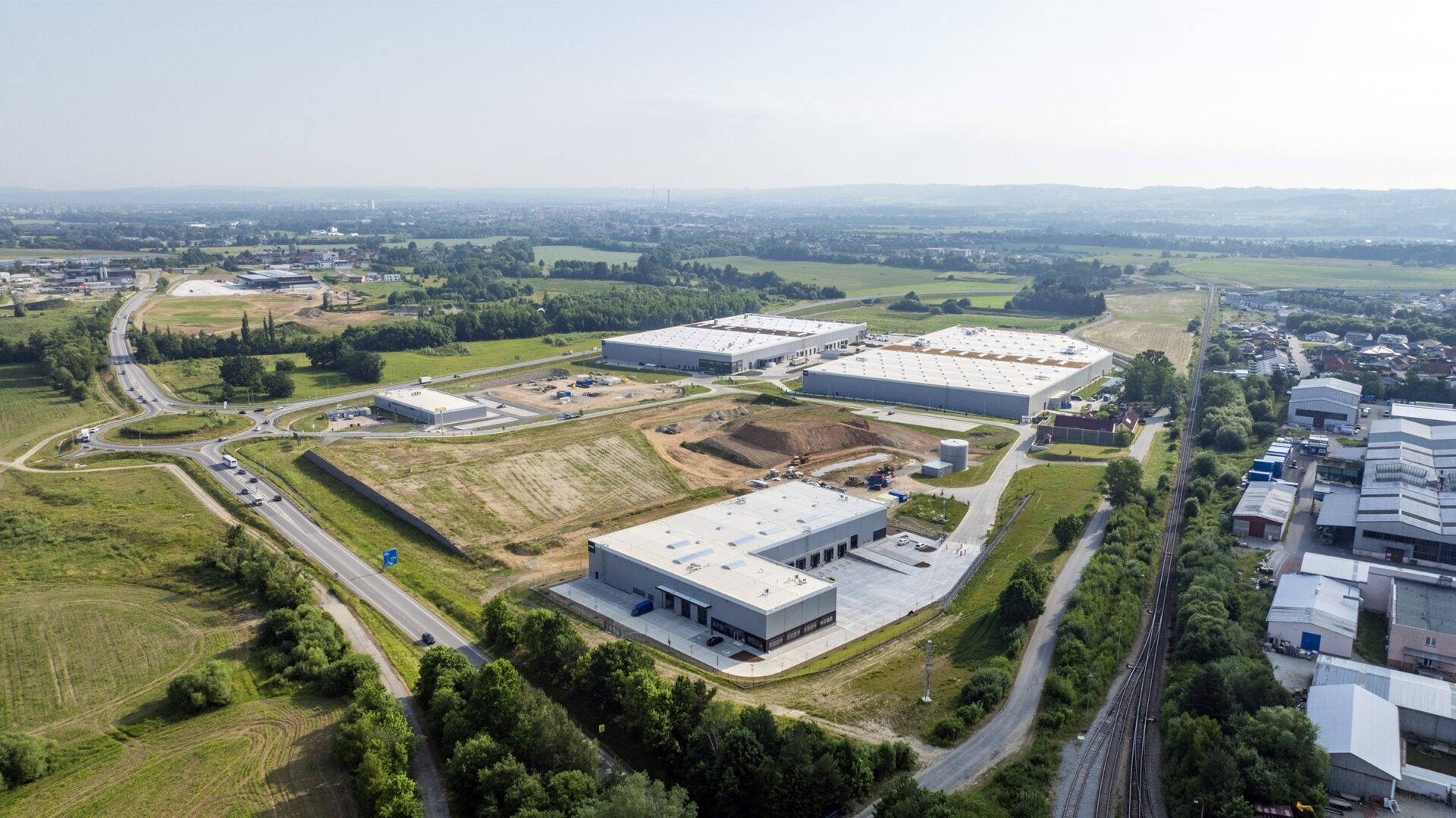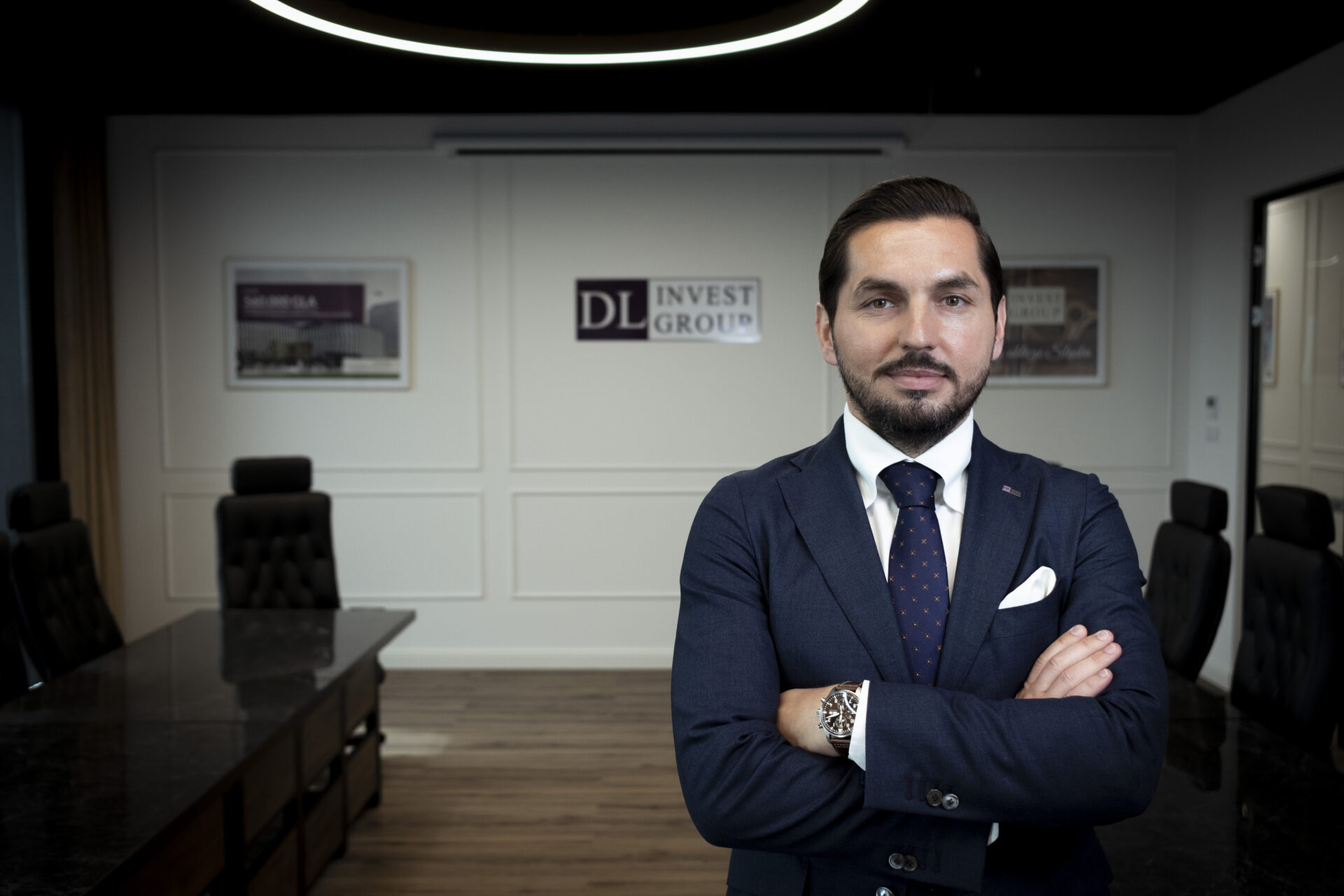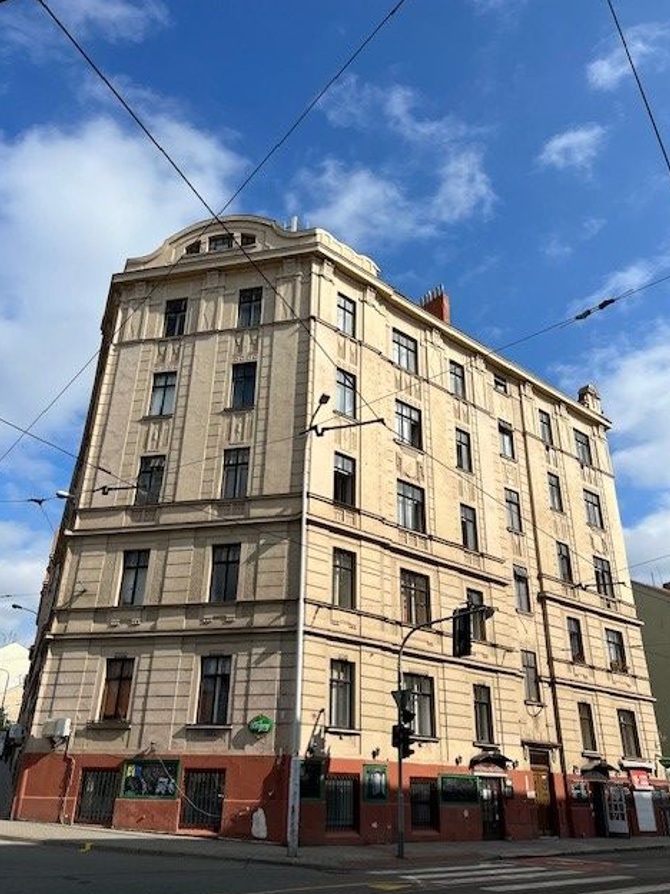ULI Poland held an online launch with a focus on CEE and the Emerging Trends in Real Estate Europe 2022 report. The key findings of this market-leading report related to the post-pandemic recovery road were presented to the public and discussed further within the panel of experts. Cybersecurity and inflation were named within top wider concerns for 2022. Best investment prospects in London, Paris and 4 German cities, with Warsaw recording a “good” outlook in 15th place.
“This is already the 19th edition of ETRE, the report published by Urban Land Institute and PWC, based on the answers of 850 industry leaders, who took part in the survey, round tables and interviews. This year’s edition title is Road to recovery and it provides the outlook for the real estate in Europe for the year 2022,” said Kinga Barchon, Partner at PWC in her introduction.
The key findings of the report were presented by Sofie Chick, Vice President, Head of Research & Advisory Services, ULI Europe. “According to the survey, there are 3 stages to real estate recovery: 1. Post-pandemic high, where people feel more confident and the companies seeing more profit. 2. Medium-term uncertainty, related to the emerging new virus variants, potential lockdowns, inflation, and shortages. 3. Long-term structural change of the industry, with e-commerce, ESG and digitalization being the first signs,” she explained. As for the inflated longer-term concerns, number one is cybersecurity, followed by inflation, interest movements and business interruption. The key concerns for the industry are construction costs, resources and assets and sustainability and decarbonization requirements.
Looking at where the energy for change is located, the top 5 sectors for 2022 are new energy infrastructure, life sciences, logistics facilities, data centres and healthcare. Five years ago, office and retail would have dominated the portfolio, but nowadays there is an increased focus on what is broadly defined as alternative assets. The lack of assets in the market and willingness to create/build them does slightly conflicts with ESG credentials. Up to 70 percent from embodied carbon in construction and raw material itself. Therefore, we see an increasing focus on refurbishing the existing assets – 75 percent of survey participants expect to see the number of assets they repurpose increase.
ETRE’s outlook on the future for the European cities indicates, that despite Brexit, the best investment and development prospects are still in London. What is also very clear, is that the German economy is doing well, with places 2, 4 and 5 taken by the large German metropolises: Berlin, Frankfurt and Munich. As for the CEE cities, Warsaw is the favourite, with rank number 15 and “good” investment and development prospects. Prague and Budapest made it to the top 30. The capital of the Czech Republic has always been an attractive destination for international capital for all asset classes and will retain this position. Budapest, in spite of many years of investment stand-still, has become a very attractive market for investors, partially due to discount vs. Warsaw and Prague. More and more investors have Budapest on their radar.
“This was a very good summary of the findings and an excellent trigger for our panel discussion,” said Søren Rodian Olsen, Chair of ULI Poland, Head of Logicenters Poland at NREP, after presenting to the panellists, the results of a poll, where the participants voted for the biggest concern for their business in 2022 (single choice). Construction costs followed close by business interruption, inflation, and retention of key talents were identified. The discussion panel, consisting of renowned CEE industry experts provided more interesting insights on these topics.
“Definitely construction costs are the concern of everyone at the moment; I can echo that, but I think it is a temporary challenge related to the disruption of the supply chain. You can observe that in the past months the prices were already smoothing down and next year we will have a more stable situation. I found cybersecurity one of the key areas for companies to focus on going forward, as we all work hybrid in one way or the other. War for talents definitely still will be an important topic for business in CEE in 2022. All companies struggle to win and retain best employees,” agreed Katarzyna Zawodna-Bijoch, President and CEO at Skanska commercial development business unit in CEE.
“Cybersecurity is certainly high on the list but not the highest. From a retail point of view, I would add one more very important aspect: the business interruption. Certain sectors and especially retail faced a very significant negative impact of the covid pandemic that caused significant damage to the industry; in Poland, it was coupled with unbalanced legislation for shopping centres for the pandemic. I would also add here ESG and general sustainability – if you are a developer it is easier, but if you are an owner of stock that is even only 10-year-old, it is already not ticking the boxes of all the requirements and there is going to be significant costs related to that. For now, it is not sure how much public support will be available to help with such transformation,” said Tomasz Trzoslo, CEO, EPP.
“It is not surprising that business interruption and construction costs come very high today. Sometimes, at Hines, we try to escape from today’s thinking through and predict the future – nobody knows what will be for sure but being “less wrong” helps. To me, the major concern is high inflation together with the low-interest rates. Soon the central banks will need to act on it because if you look at the euro-zone, the inflation problem is everywhere. Historically, if inflation hit the level of 5 percent or more, soon after there had been a recession. We do not know what happens to real estate as a consequence. Should we continue to be buying or should we not be buying? There are various scenarios of what to do next based on different assumptions,” wondered Mieczyslaw Godzisz, Senior Managing Director, Head of Hines Czech Republic.
“Last year was very challenging, and I am rather realistic not optimistic for the forthcoming future. From the Central European and Polish perspective, there are reasons to be cautious – such as global geopolitics or forthcoming taxation changes,” counterbalanced Tomasz Trzoslo. “Logistics will have some fuel because of geo-location. As for retail, however, there is a bit less positive time, and this is related to COVID, and COVID-related legislation, and especially the very significant loss of income during lockdowns, and these issues are not resolvable in a month. On the positive side, I am not concerned about Poland in general as the market is not overly saturated. Rewards might be coming as well.”
The meeting was closed by a brief summary by Søren Rodian Olsen, “I think the ESG perspective and sustainability will grow and grow and I am sure that next year it will only rank much higher on the people’s agenda. Also, the talent topic will rank higher, retaining your key talents will become the focal point for a lot of businesses in the next 12 months. Logistics is the fuel and the entire CEE region is benefiting from the huge demand for it.”







